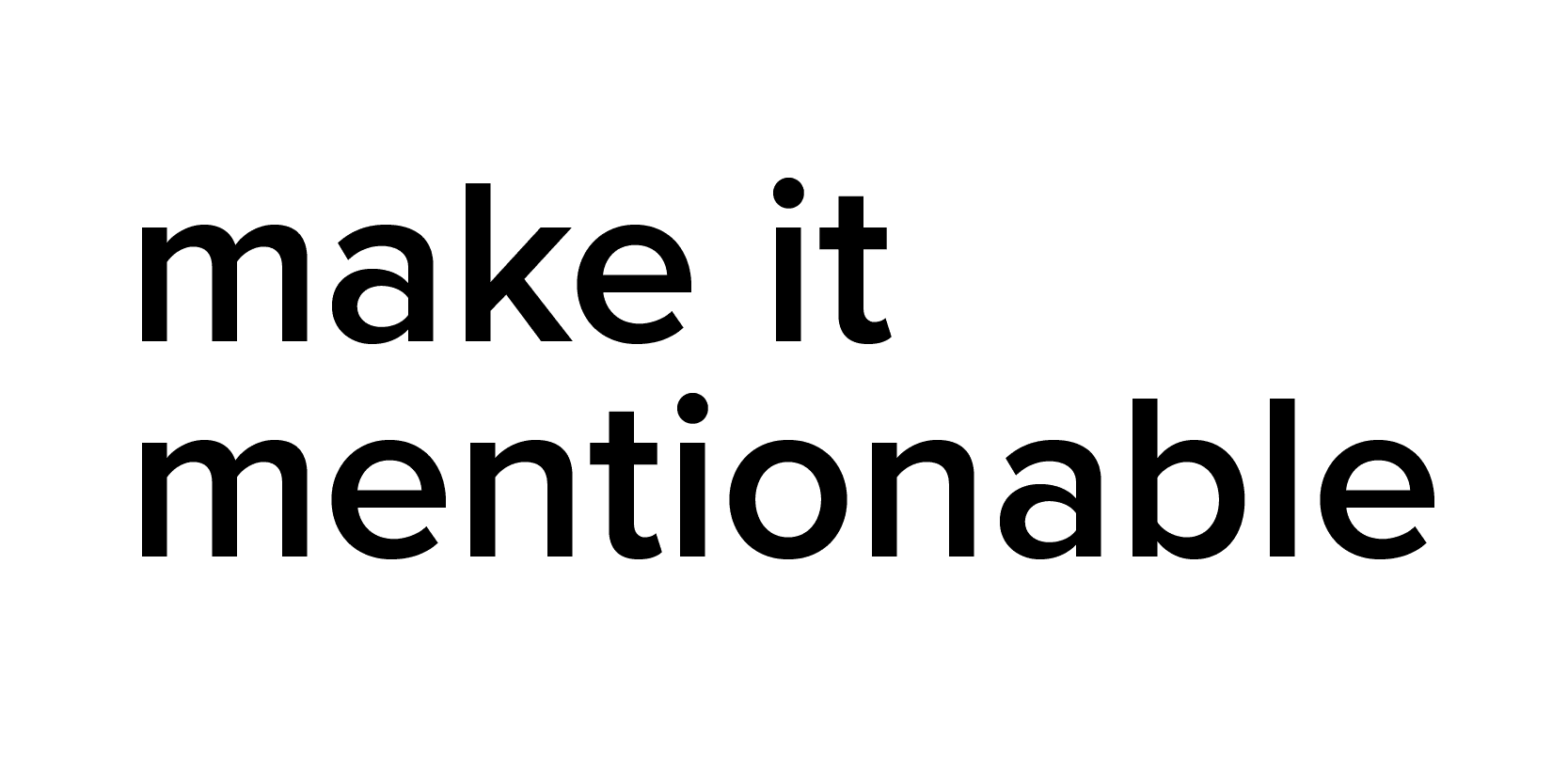The laughter from the restaurant patrons wafted through my window at midnight last night, reminding me I’m not in Denver anymore.
We’ve officially made it to Spain. Which means I’ve moved at least 10 times in the past 10 years. (I counted while on the plane).
I’ve never been one to want to stay in the same spot for the rest of my life.
We only choose where we live once we’re on our own, and I didn’t want to stay in Arizona.
Many of my friends and family are the exact opposite—they’re thriving in the same place they were born and have made an active choice to stay there the rest of their lives.
But most people don’t make active choices; they go along with what’s been prescribed, staying in the same town they suffered through braces in without ever stopping to consider why.
Most people stay because it’s comfortable, it’s what they know, and it’s convenient.
If we don’t consciously choose to stay and instead go along with the default route because it’s easier, then it’s no wonder we can feel out of alignment in life.
The Default Mode is Powerful
App developers and product marketers know the immense power of default settings. If they want users to behave in a specific way, they make it the default option.
When Apple updates iOS software, you can find more new settings than Ben and Jerry’s flavors lurking behind the gear icon.
The last time I updated my phone, it took forever to charge. That’s when I learned Apple had switched on an “eco-friendly” charging mode during the update. 🙄
Other people are happy to determine your path if you don’t take the time to look at it for yourself.
Sure, change is scary and often stress-inducing.
I’ve wanted to rip out strands of my auburn locks multiple times a day for the past three months while orchestrating the move, but comfort zones have a way of becoming cages.
There’s so much more possibility in the world than what we’re trained to see growing up in our planned neighborhoods, next to the planned strip malls (don’t get me started on how many strip malls there are in Arizona), attending scheduled school days, and being encouraged to listen to the stereotypical go to college, get married, have kids, pretend to like your kids when they reach teenage years story that dominates so much of life.
When is the last time you allowed yourself to consider what you want?
More importantly, when is the last time you allowed yourself to consider what you want without immediately thinking of 25 reasons why what you want is wildly irresponsible or batshit crazy?
For the record, evaluating what you want doesn’t mean you have to overhaul your life, though fair warning, it’s a common side effect.
Sometimes allowing yourself to evaluate what you want offers a welcome reframe of your current life by opening up an appreciation for where you are because it’s been an active choice instead of an unconscious sing-along with the life laid out for you.
When you transform a should into something active, you reclaim your agency.
For example, “I should live here because my parents are close.” → “I’m choosing to live here for now because my parents are close.”
Or dropping the shoulds, “I feel like I should live here because my parents are close.” → “Even though it means moving away from my parents and a part of me wants to be close, I know I can find new ways to maintain a connection with them.”
Free yourself from the confines of a one-lane highway—you don’t want to get stuck, unable to pass that big ass truck in front of you filled with all things status quo.
xx,
Alyssa
